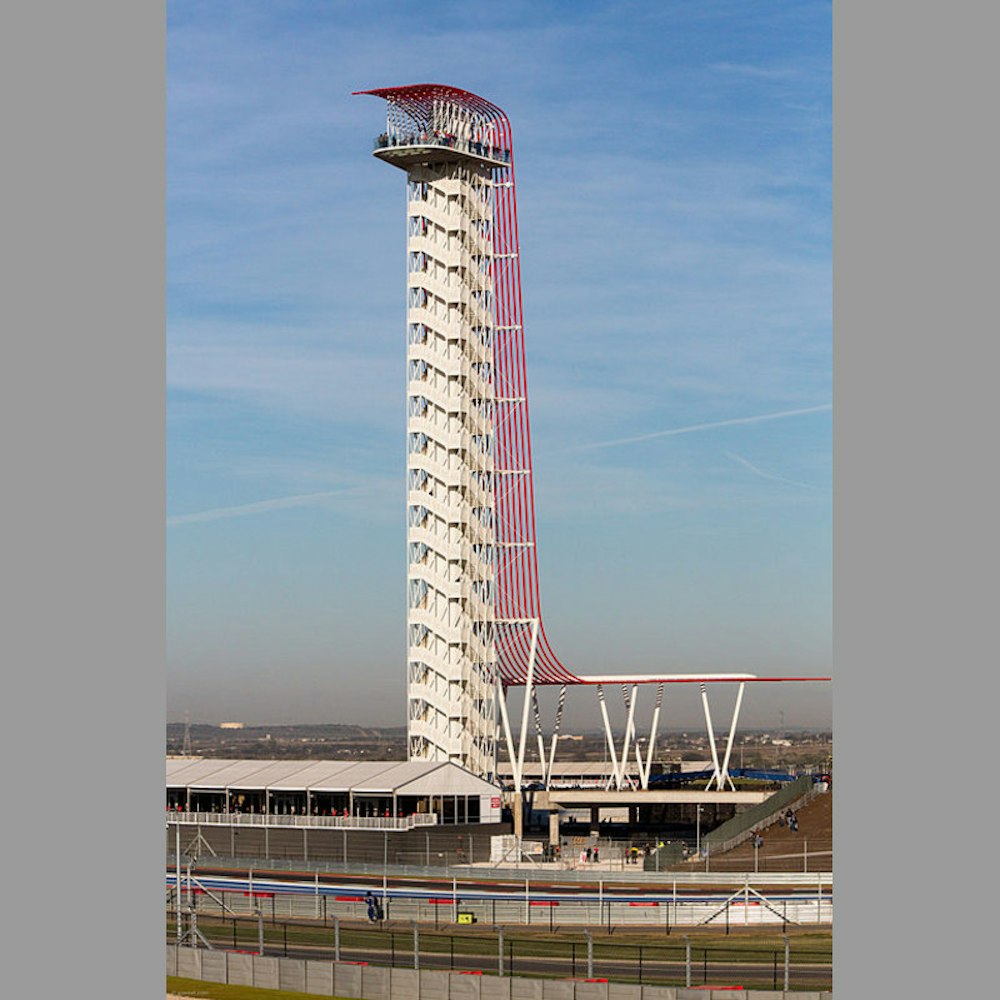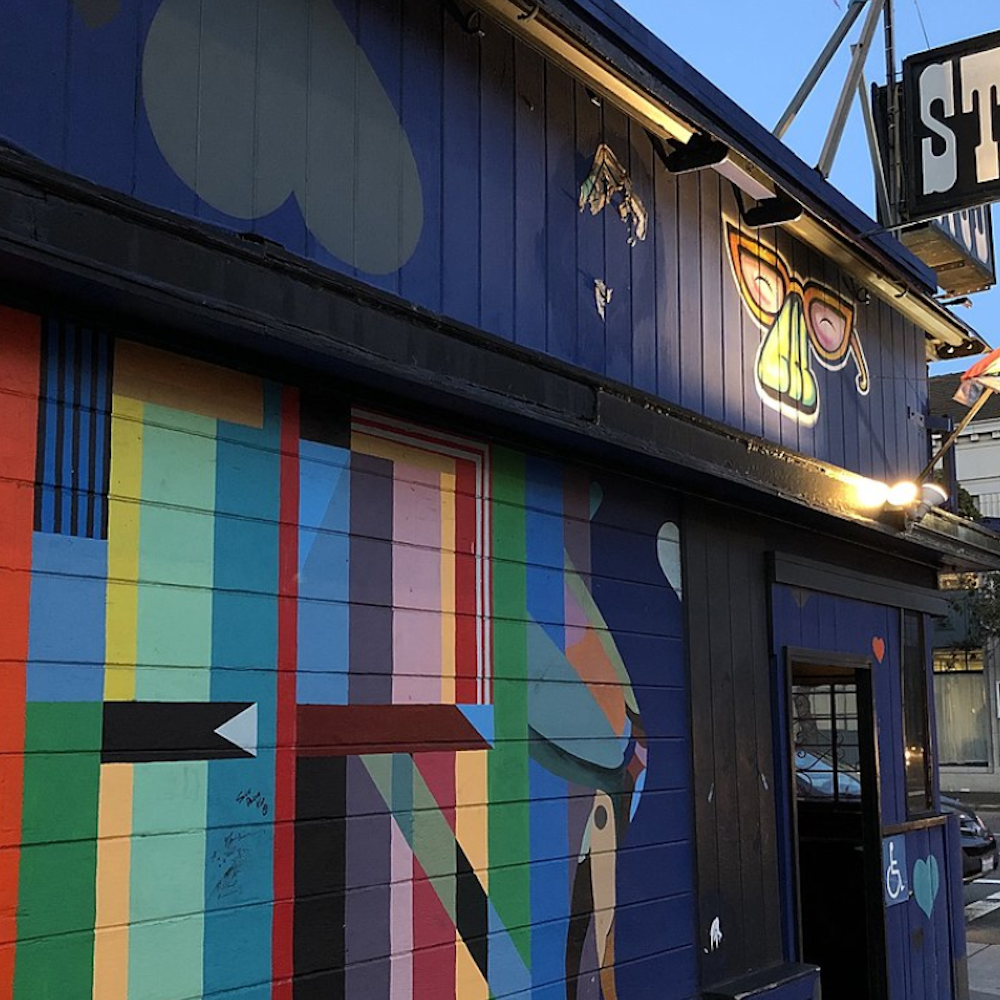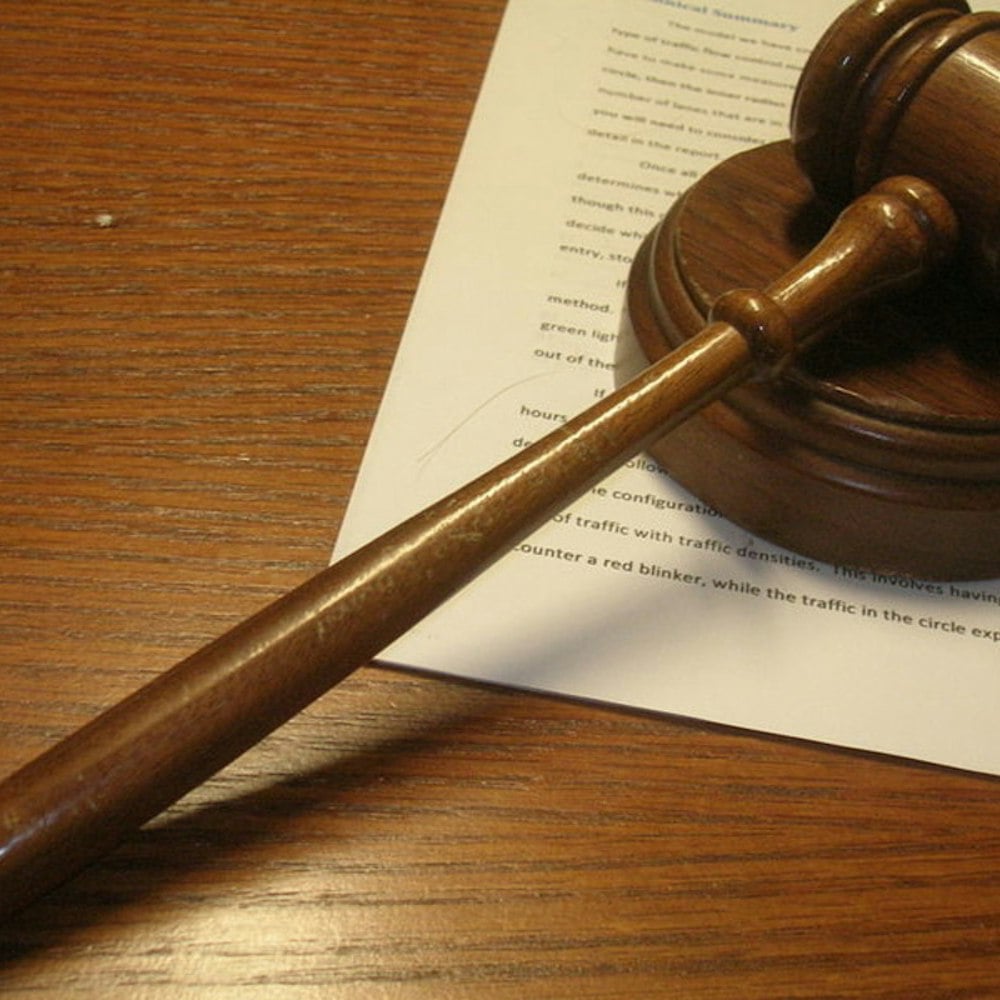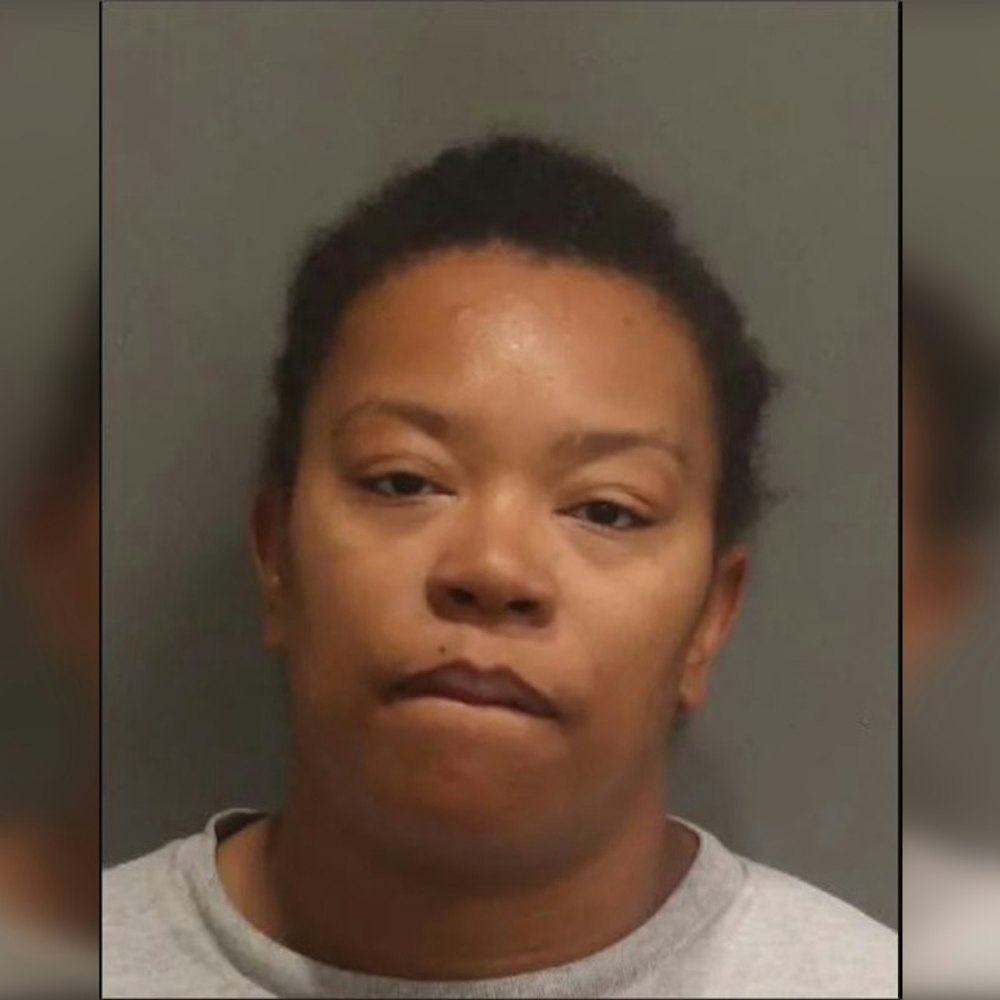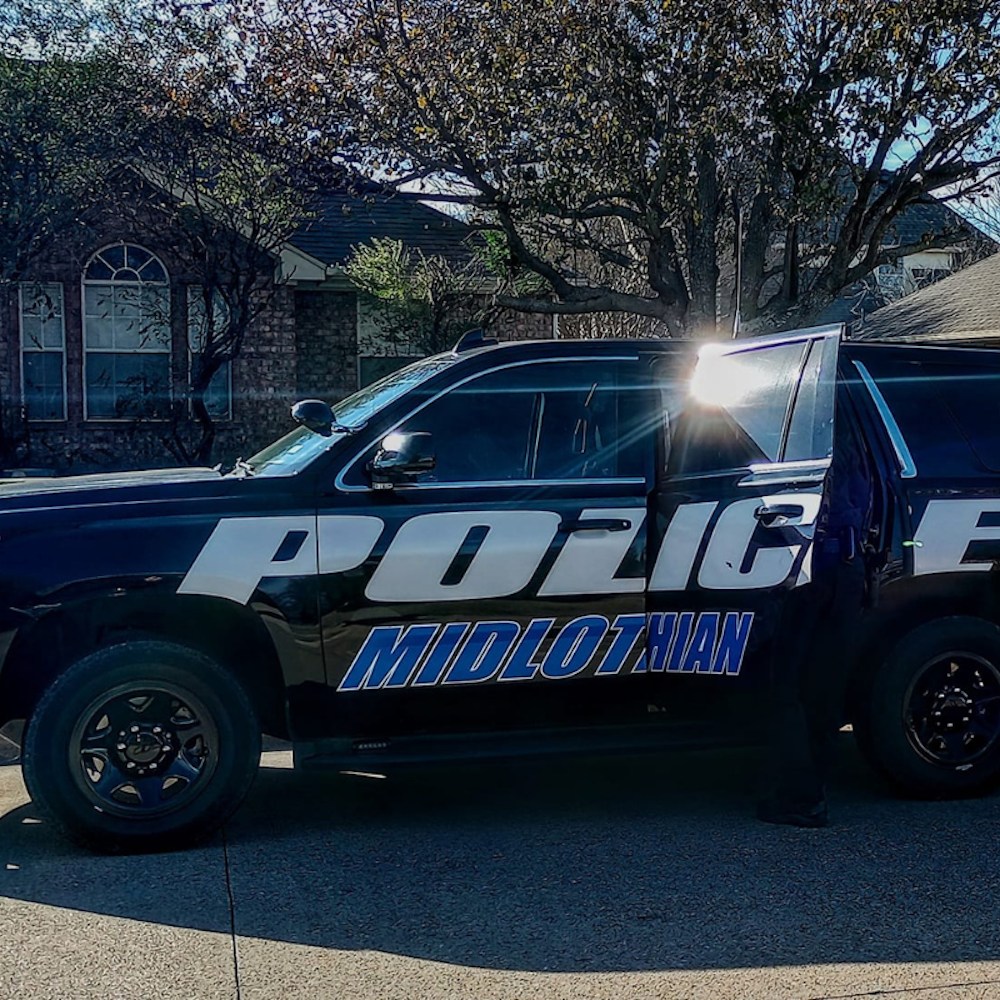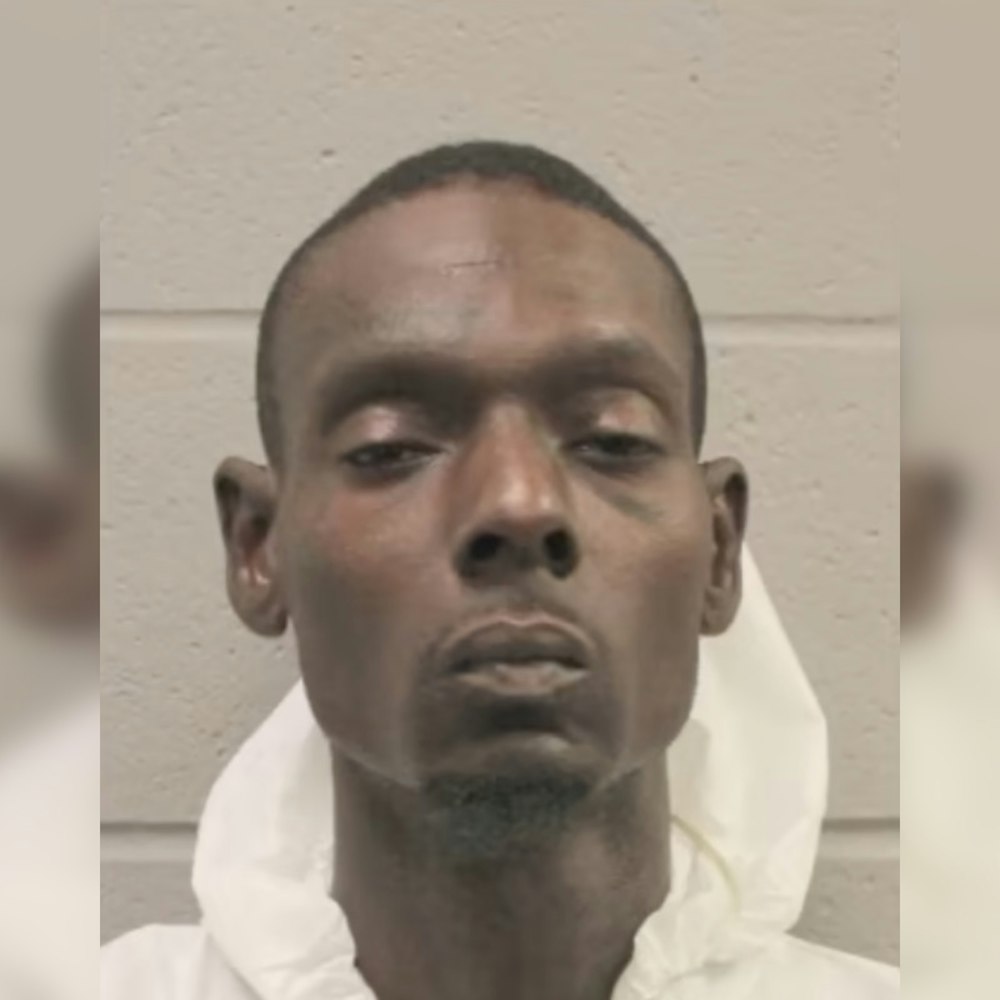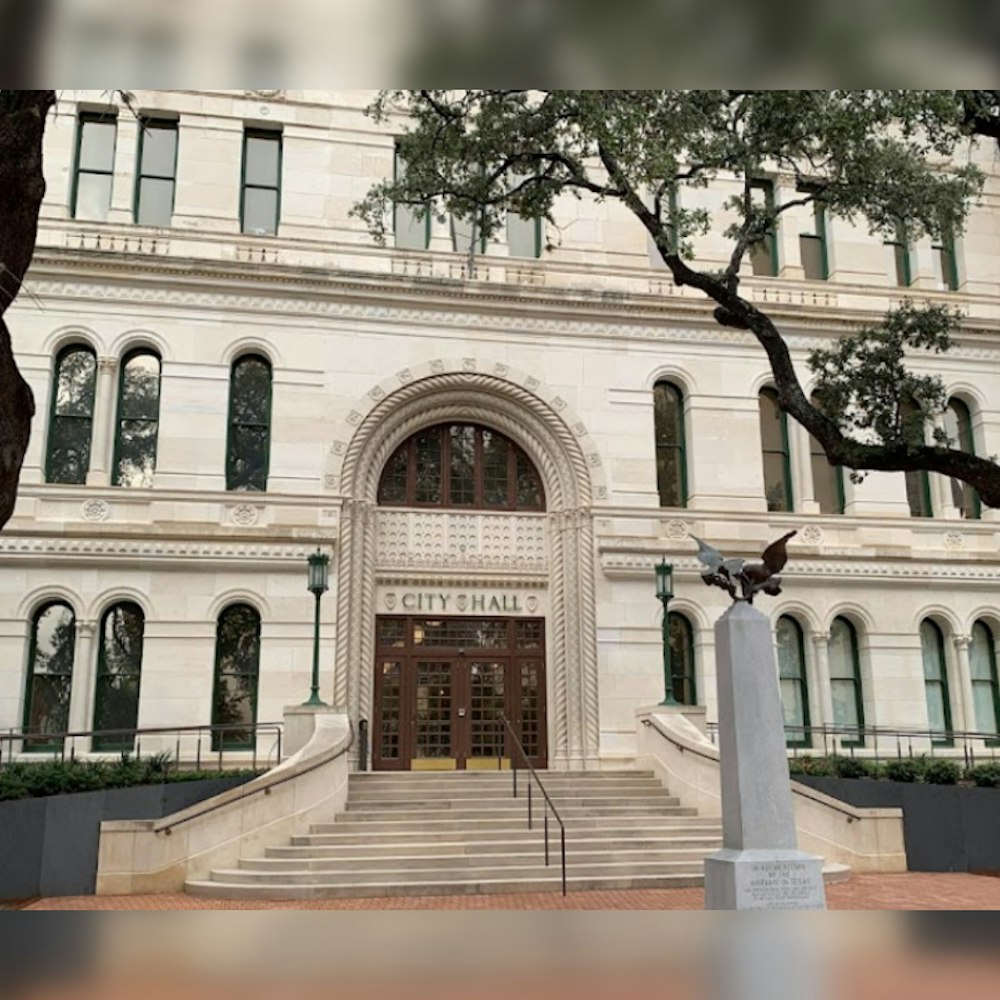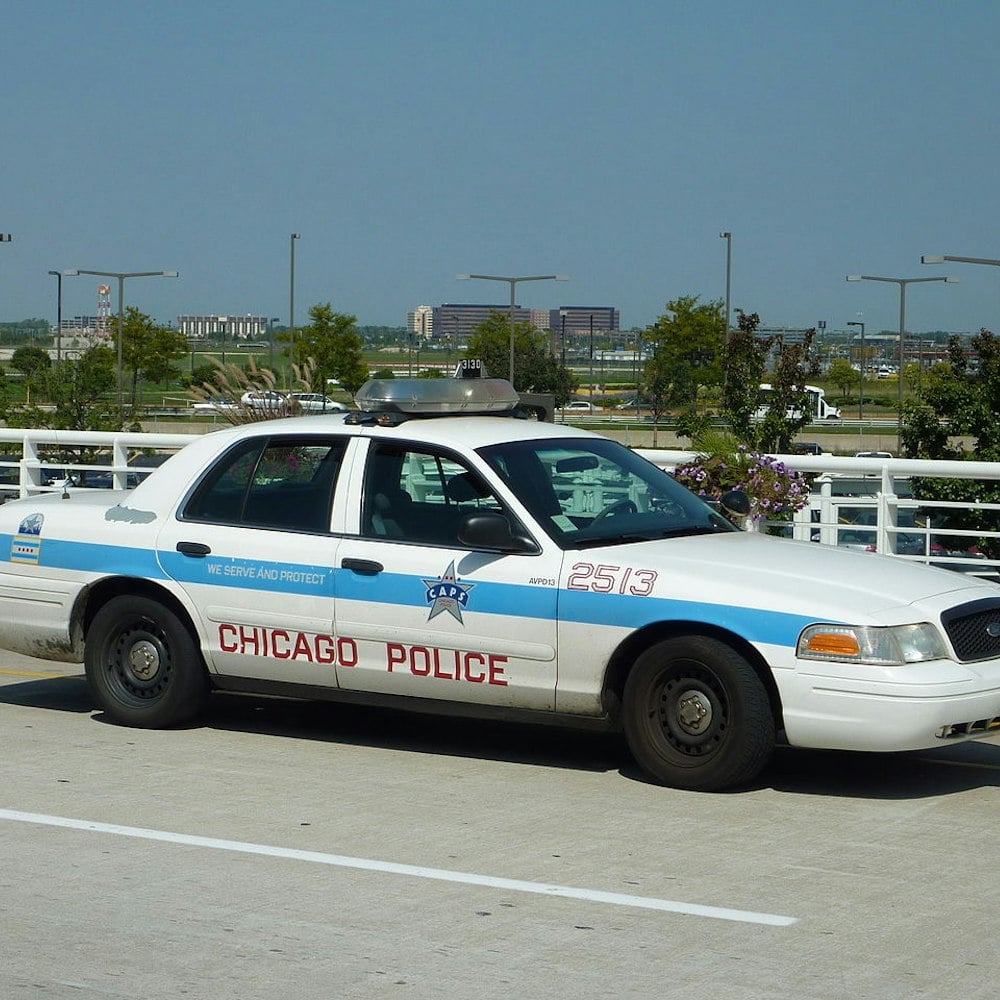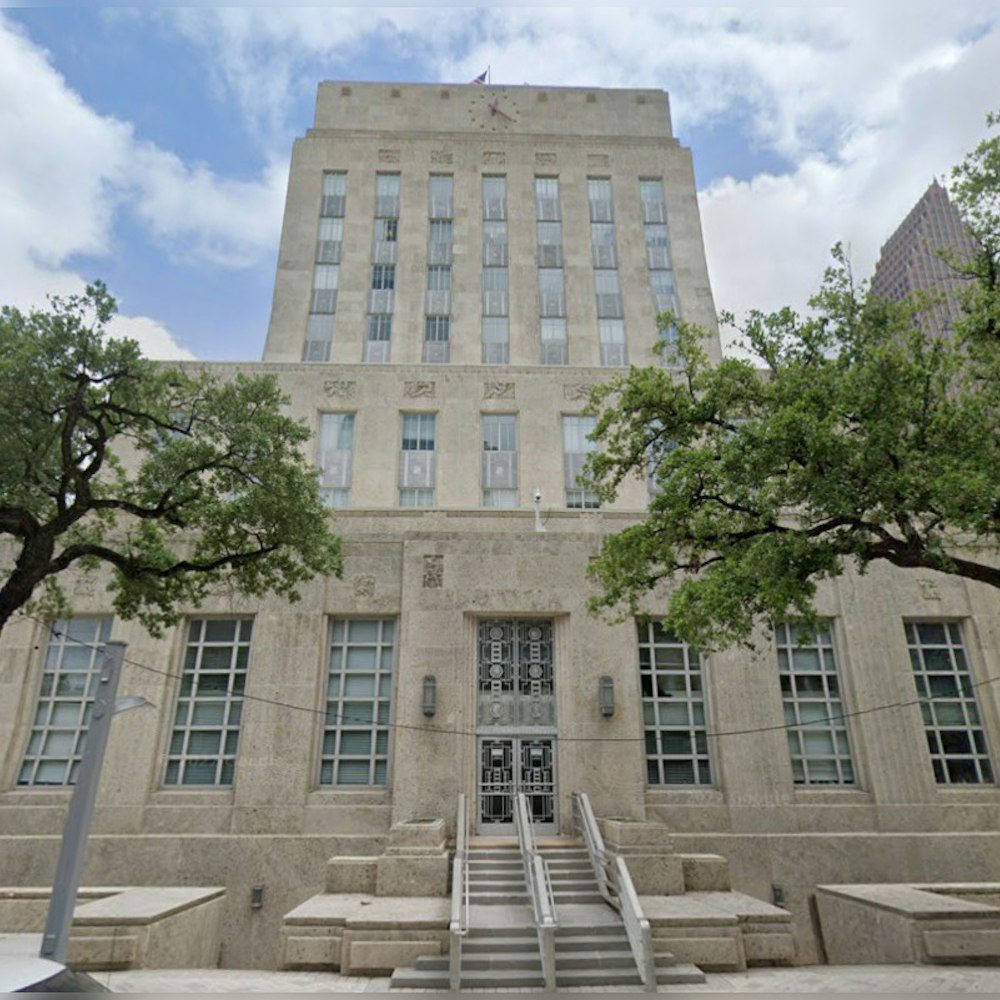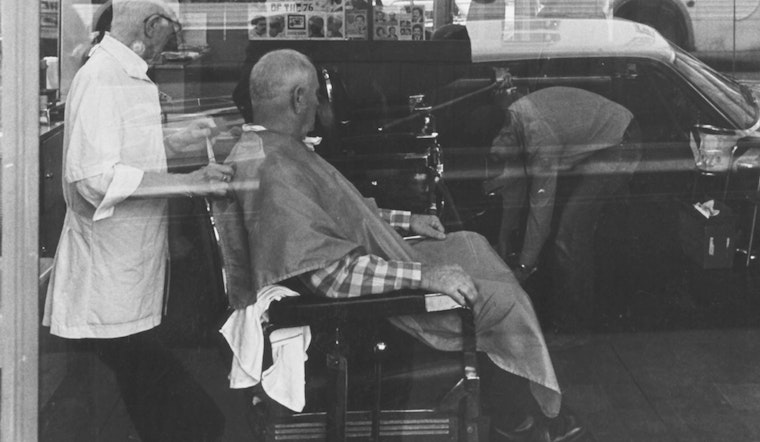
[Take a trip back to SoMa in the early 20th century with this 1978 interview conducted with a 93-year-old barber. It's part of a series of excerpts, edited by Marjorie Beggs, from the Neighborhood Oral History Project interviews conducted under a federal CETA contract by Study Center, the publisher of the newspaper Central City Extra.]
Henry Infant, born in Castellace, Italy, in 1885, landed in New York City in 1900 and moved to San Francisco with his wife in 1923.Within a year, he began work at Gordon Barber Shop at 106 Seventh St. Today it's a mysterious construction zone, but you may remember it as the site of Good Pizza last decade and Sidebar Wine Tavern from 2011 to 2014.
Infant was interviewed by Oral History Project staffer Edward Beggs, founder of Huckleberry’s for Runaways.
Here is the 1978 interview, a few years before Infant passed in San Bruno on June 3rd, 1982.
Study Center: Mr. Infant, you’ve been cutting hair since...?
I started to learn the [barber] trade in 1898 and I’ve been doing that ever since. I’ve been in this shop 54 years this May — that’s hard to believe, it’s peculiar.
Yes, sir, hair styles have changed considerably, [especially] in the last seven or eight years. I don’t agree with men running around with ponytails. I don’t want you to misunderstand me — I respect their rights, but still I do not approve of their looks.
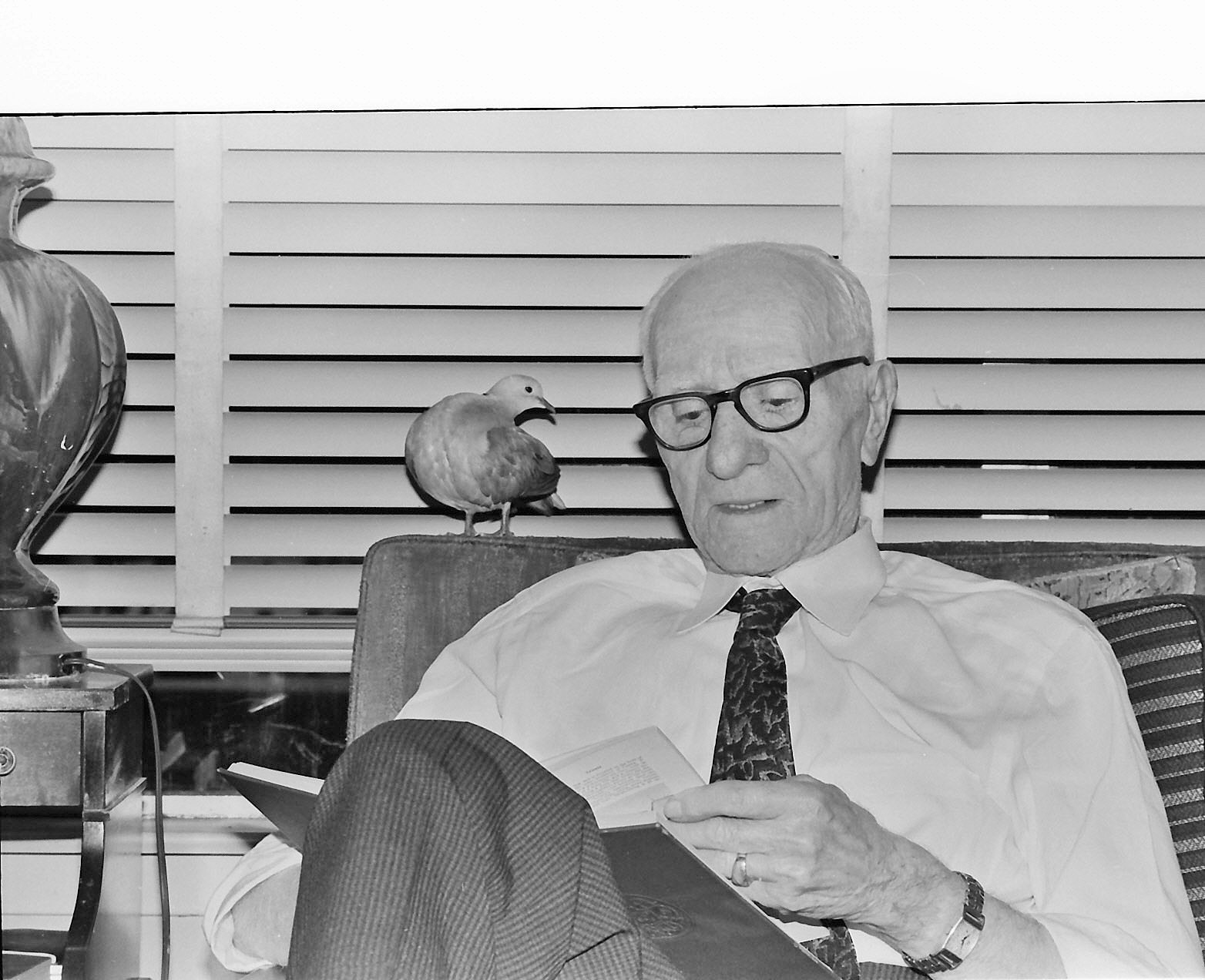
In the old days, they used to put oil in your hair. What do you use — Vitalis? Talc?
Most people don’t know the reason us regular barbers use talcum. By nature, your skin is rather damp, so to speak, and loose hairs stick to your skin. Talcum eliminates a lot of unnecessary trouble or discomfort. Of course, in the last 15-20 years we’ve been having the vacuum, but the talcum facilitates the suction to draw this loose hair.
And you wash hair?
Shampoos aren’t too frequent anymore. All the homes nowadays have a shower or tub, whereas in the olden days many homes didn’t have such luxuries, and, in fact, in the big cities there were public bath houses.
Shaves? They seem to be mostly a thing of the past.
You must like this location, having stayed 54 years.
The conditions [in this neighborhood] were entirely different in 1924 than today. Very, very peaceful and not too many people. No violence at all. To be precise, the beginning of the [violence] was right after the Second World War.
All the buildings you see around here (the Main Post Office and small tourist hotels) were all here when I came here. But the population has grown considerably. The Greyhound Bus [Terminal] made a big difference — increased traffic here at least 1,000 percent. As you understand, traffic or transportation when it’s concentrated in certain places is bound to bring all sorts of people — rich, poor, young, old — mendicants and good and bad.
What’s the secret of having been here so long?
My philosophy is I come in contact with people and assume there’s some difference [from me]. I don’t get upset quickly and I’m very tolerant. If anybody hurts me through his talking, maybe he is not intelligent or is excitable, but I tolerate him.
No sir, I’ve been fortunate and never experienced violence in my shop. Never been robbed.
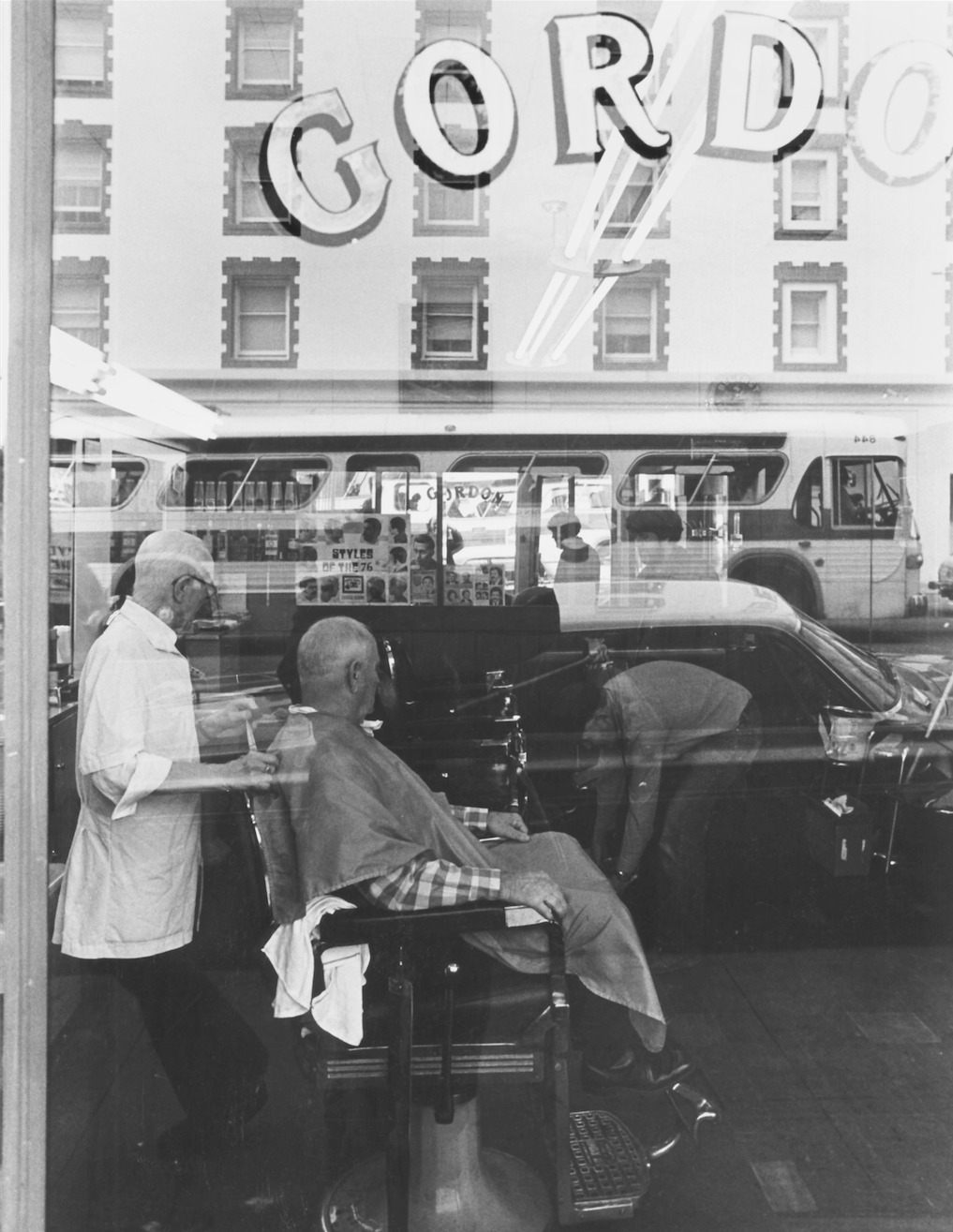
You’re 93. Do you have any relatives around?
Sons and daughters of my brother and sister, in Pennsylvania and Ohio, and a nephew and niece in Los Angeles. I live by myself, since my wife died nine years ago.
That was hard for me — she was the most wonderful woman in the world to me. And losin’ her I lost everything in the world. I feel just as bad now as the night when she died. But I try to do my best. It’s something we’ll all have to go through.
When you get home tonight, what will you eat for dinner?
Tonight I’m going to have a cheese omelet. To my taste, I’m a pretty good cook and do know how to prepare a good meal. You see, I don’t buy any cheap stuff, and I do a lot of vegetables, although I eat meat, fish, chicken, beans, and I drink seven ounces of wine every night. I’ve been doin’ that for almost 60 years and don’t drink at any other time.
When you’re not working?
Sundays, I shower, shave, eat breakfast, get dressed, do a little cleaning, then go to Mass at St. Paul’s at 29th and Church. Then I go from there to the cemetery — that’s one of the things I don’t miss, putting fresh flowers on my wife’s grave. Then I do my food shopping, go home and cook dinner.
About 6 o’clock, I’m at Artichoke Joe’s in San Bruno to play poker.
You go there Sunday nights?
I go Thursdays and Sundays. One night I won $359, the most I ever won, and one night I lost $107, the most I ever lost.
I have a system. In playing poker you have to use a lot of judgment. You have to almost read the other guy’s mind, and when the other guy beats me, it’s because I misjudged for that particular time. Once in a while I bluff. I got caught several times.
But I got my system — when I do win, I win nice, and when I lose, I don’t lose much.
You said that next year you’ll have been a barber for 79 years.
I don’t think there’s anyone else [I know] who’s worked 79 years doing nothing but just barber. That’s a heck of a long time.
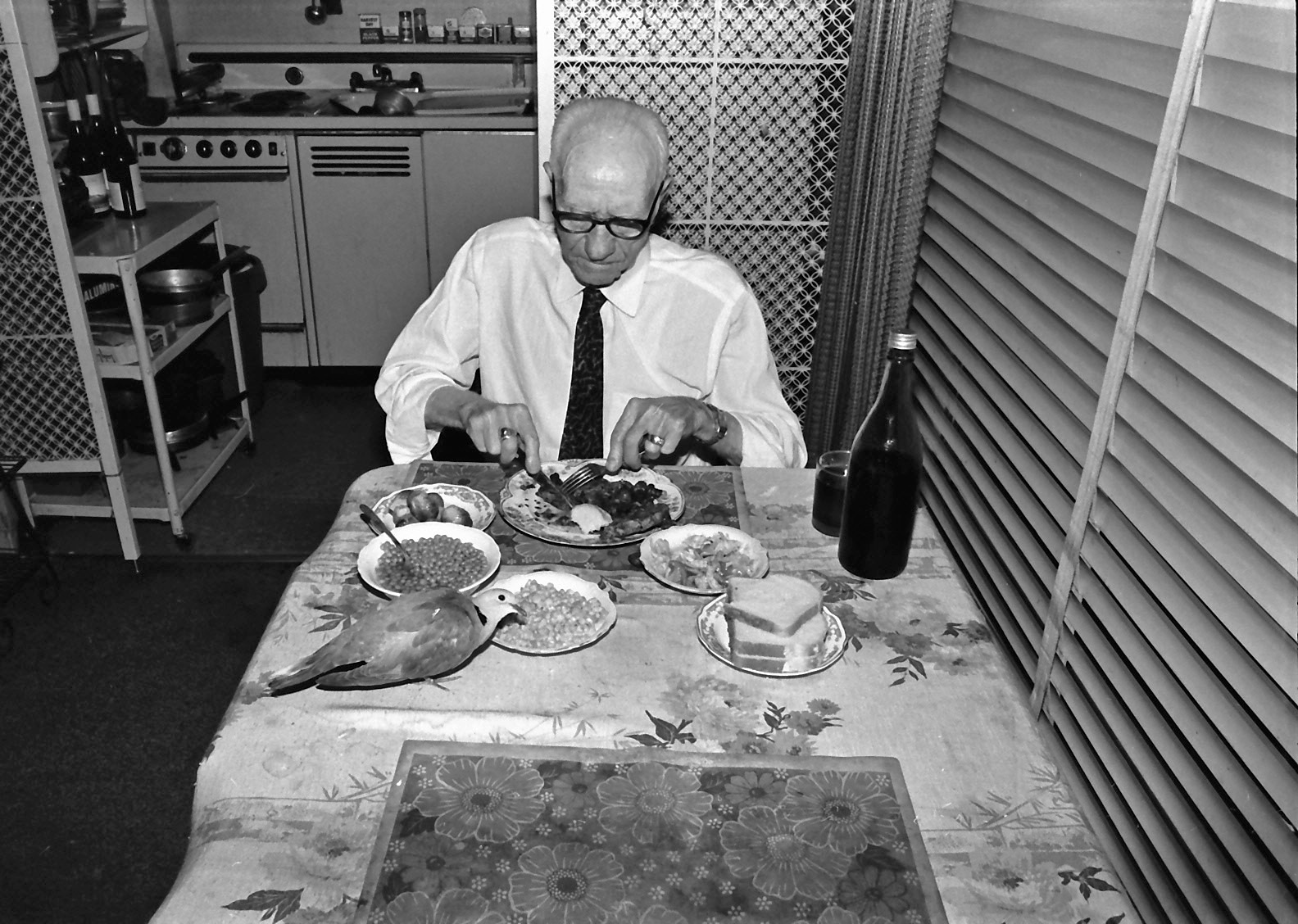
[Central City Extra first published this interview its December 2012 issue (PDF), and it also has a large original collection of additional oral histories and photos in print form. They (and Hoodline) are looking for people to help digitize and publish stories from the collection. If interested, please contact editor (at) hoodline (dot) com.]
